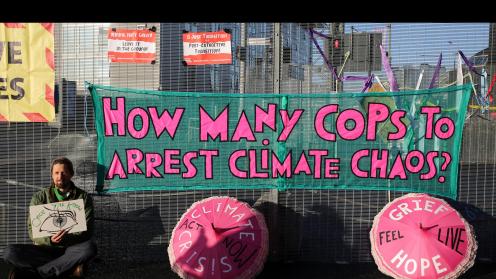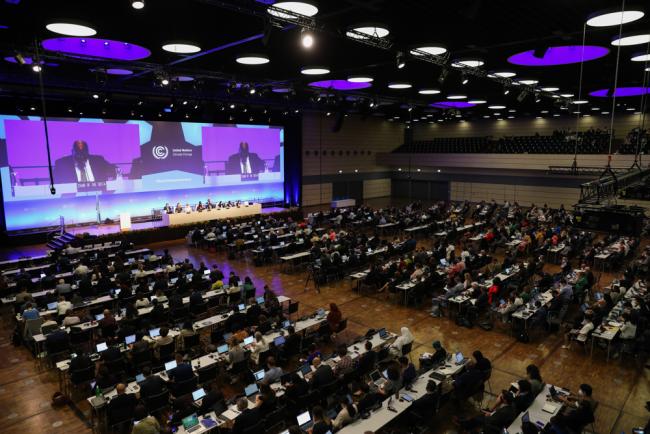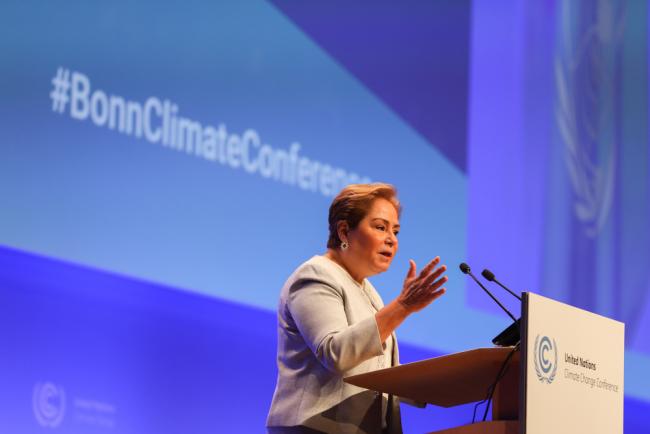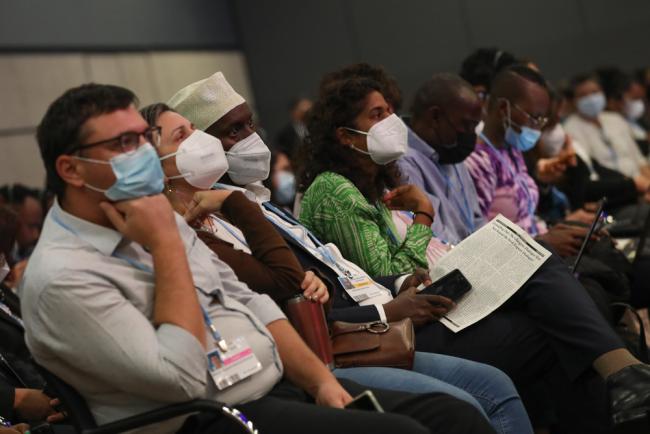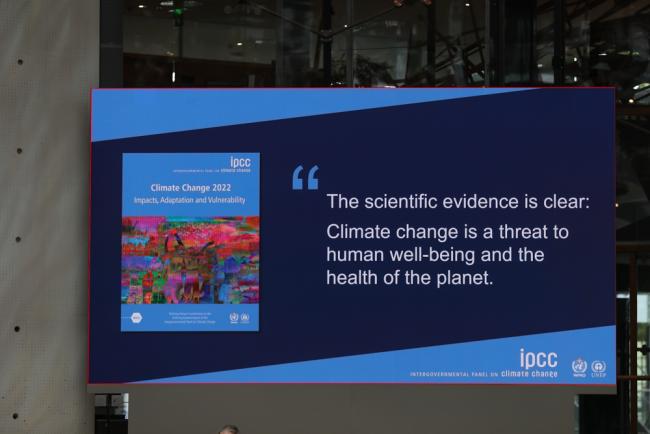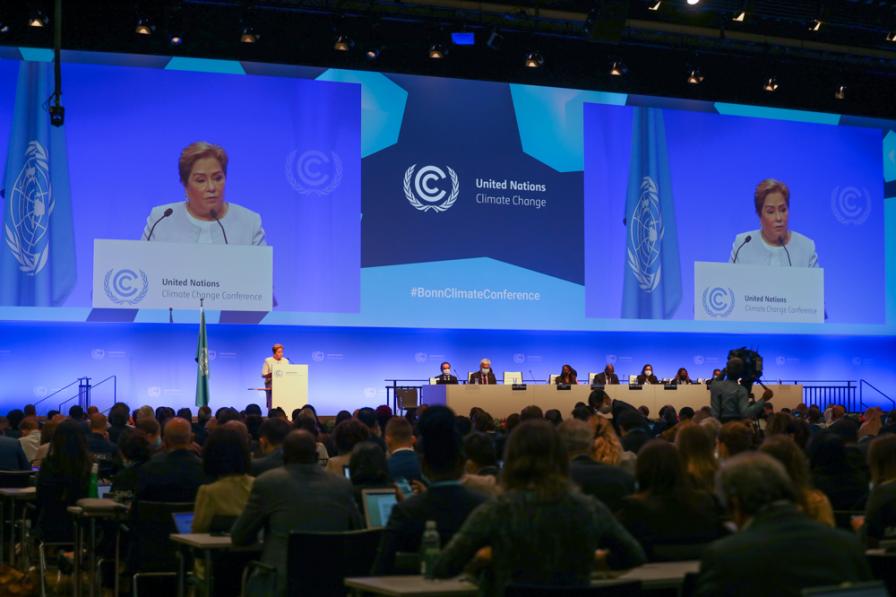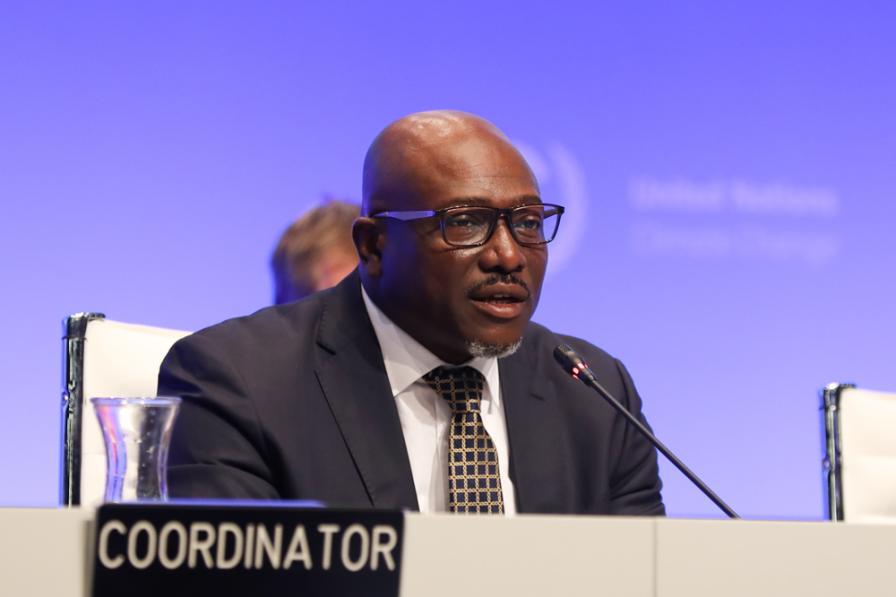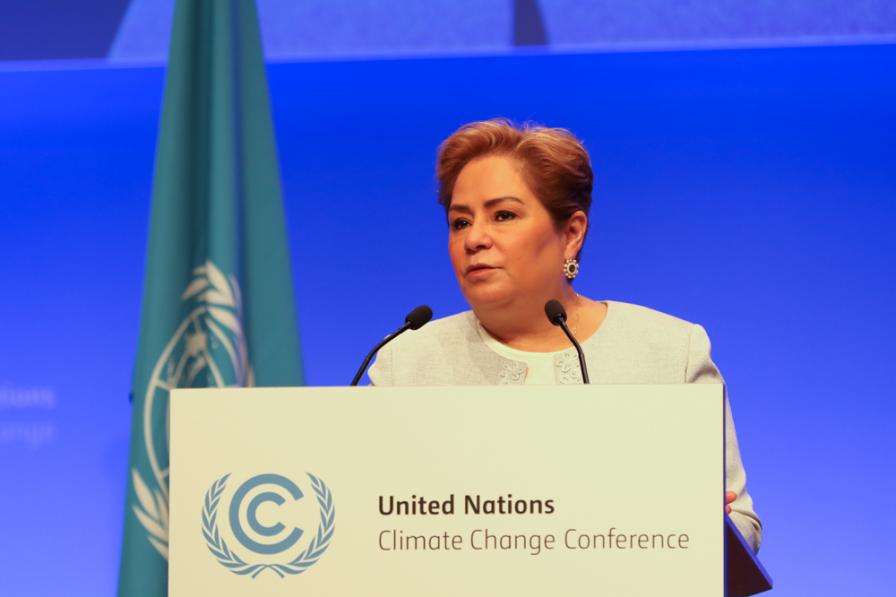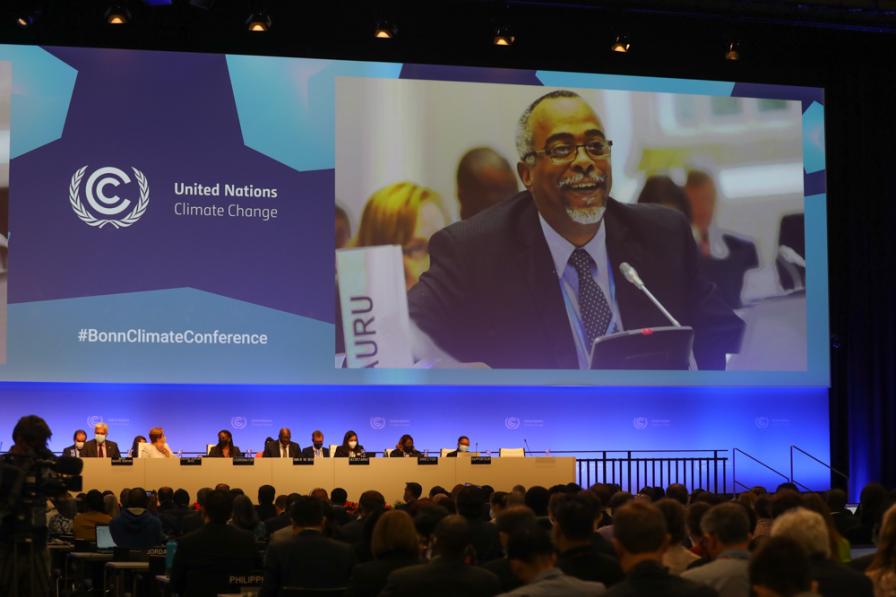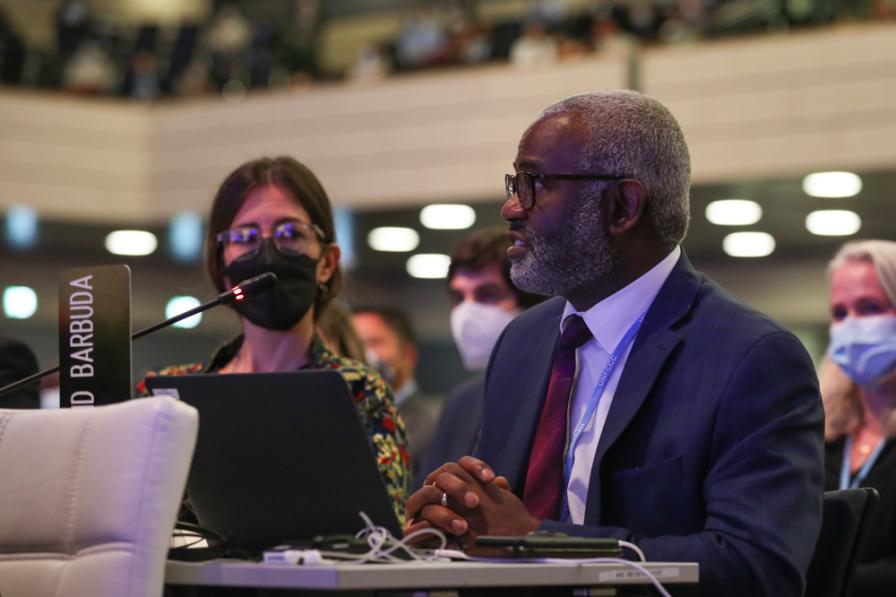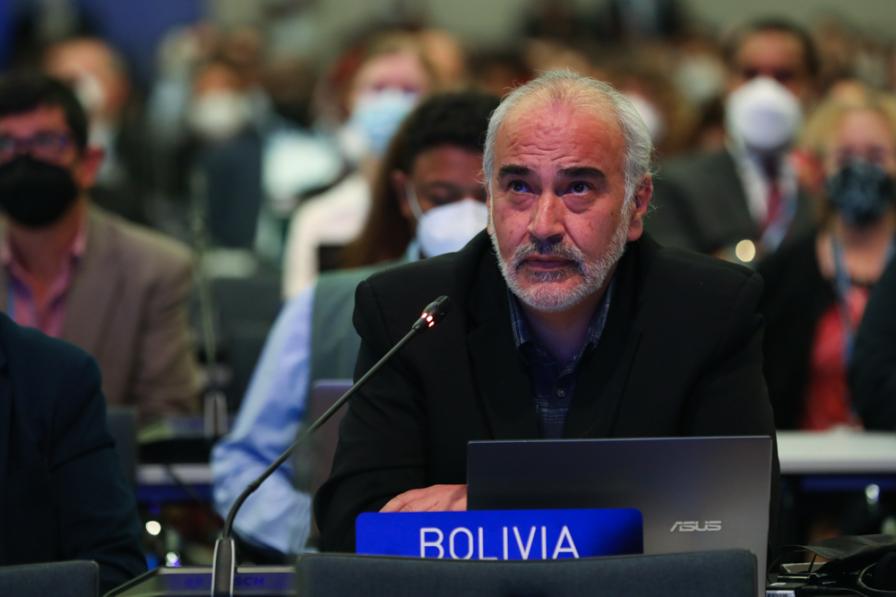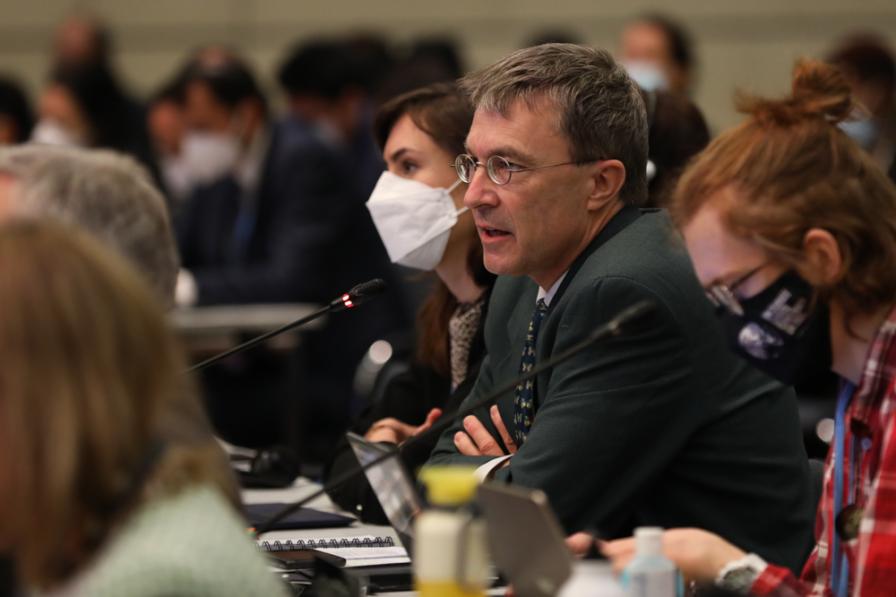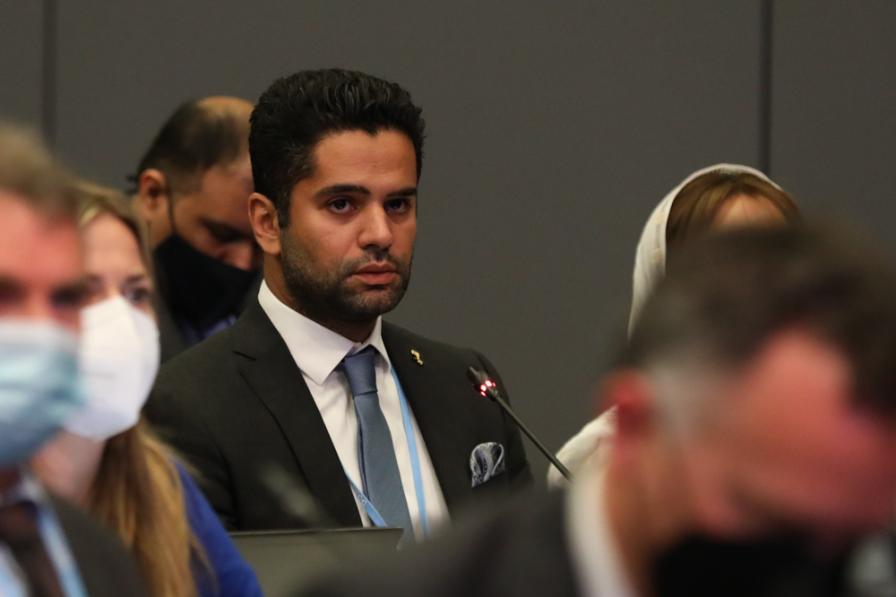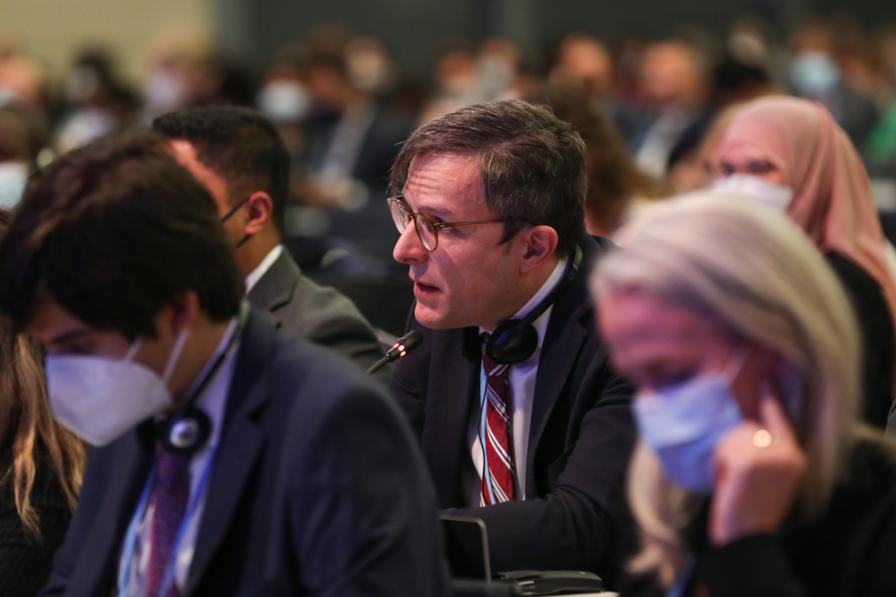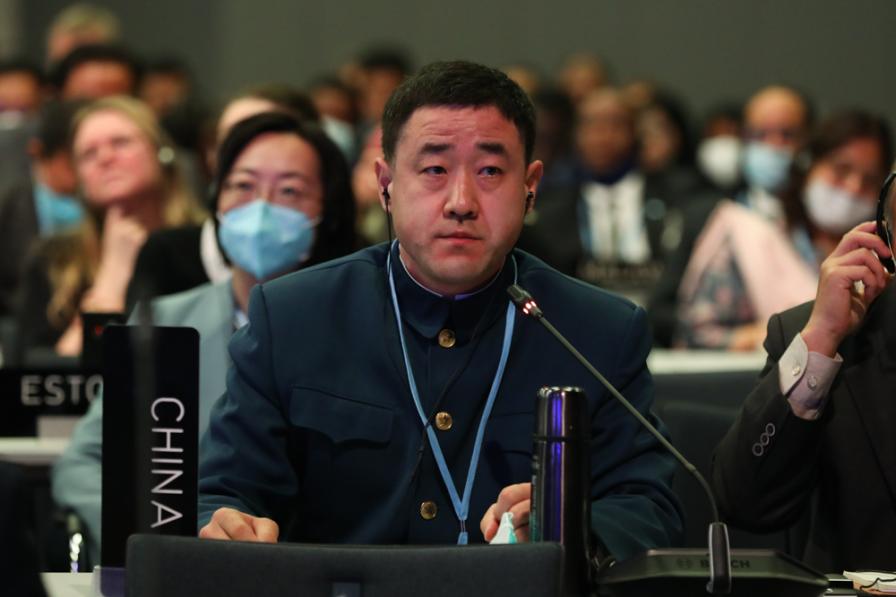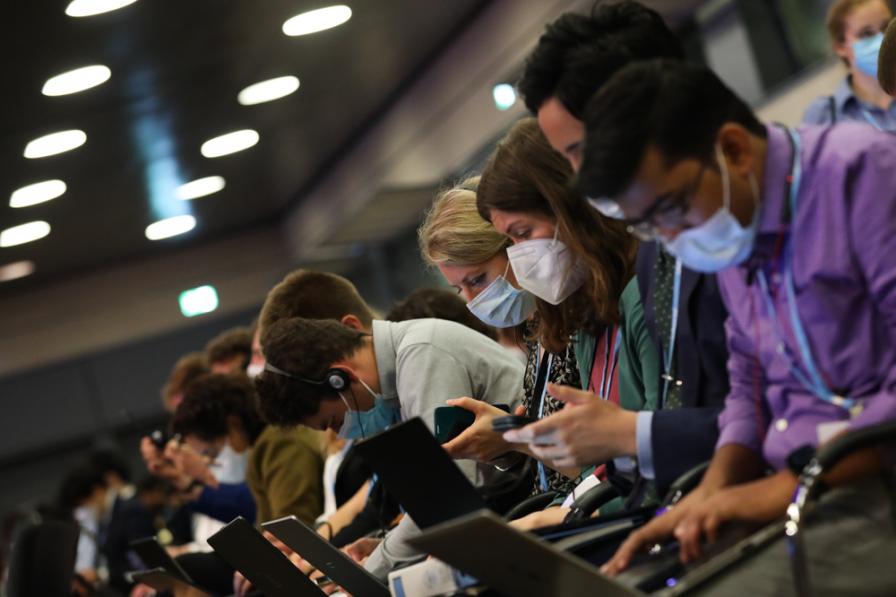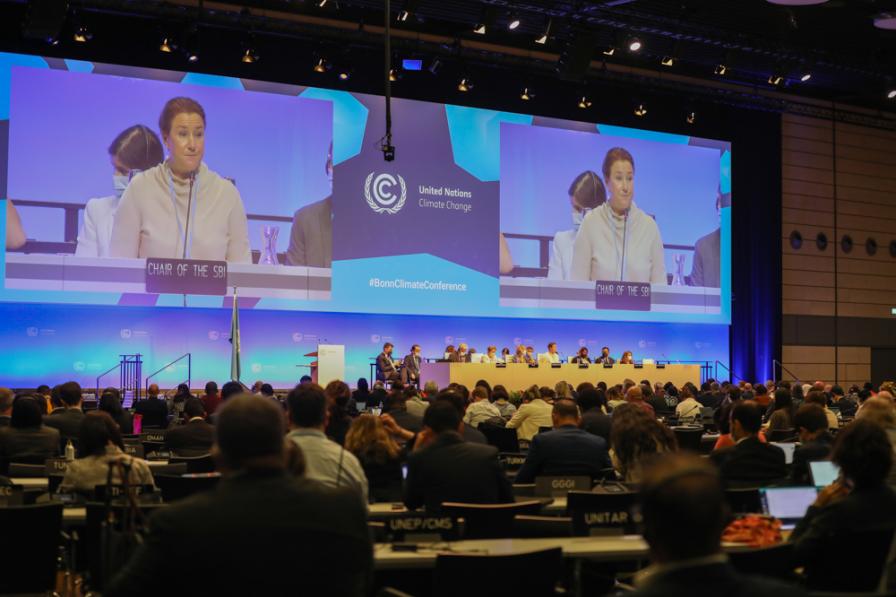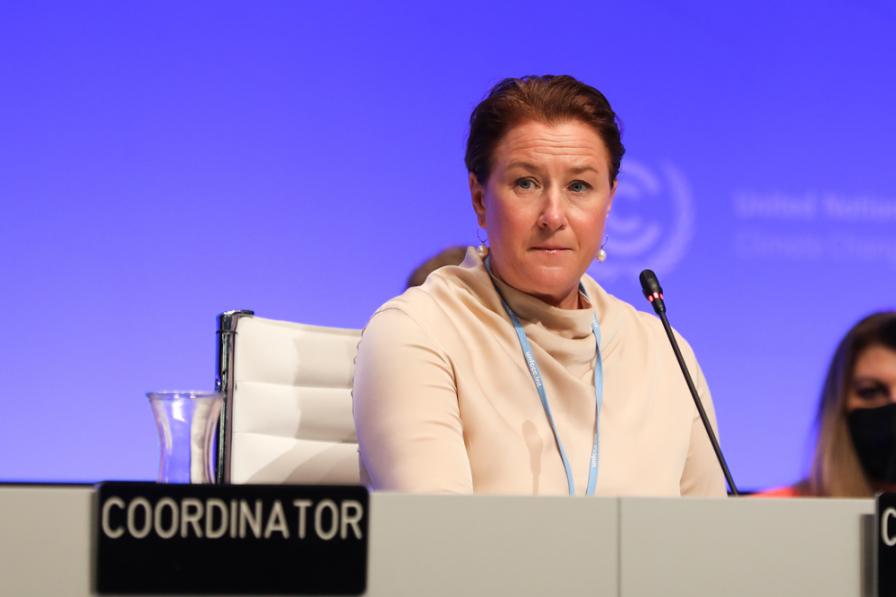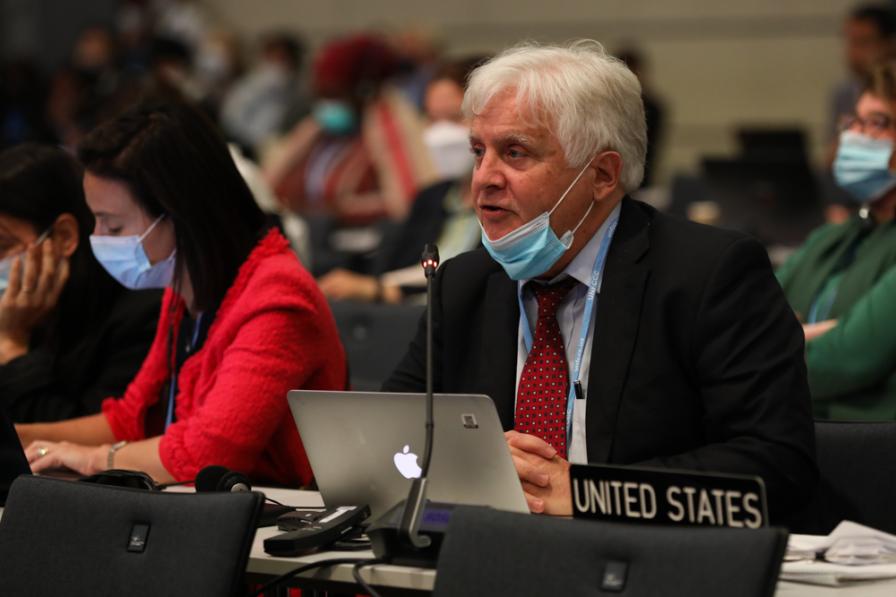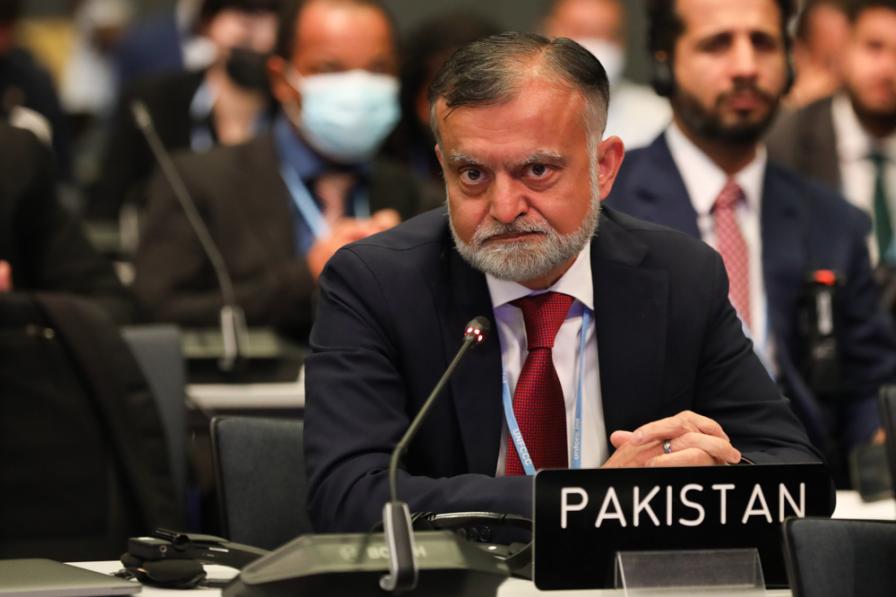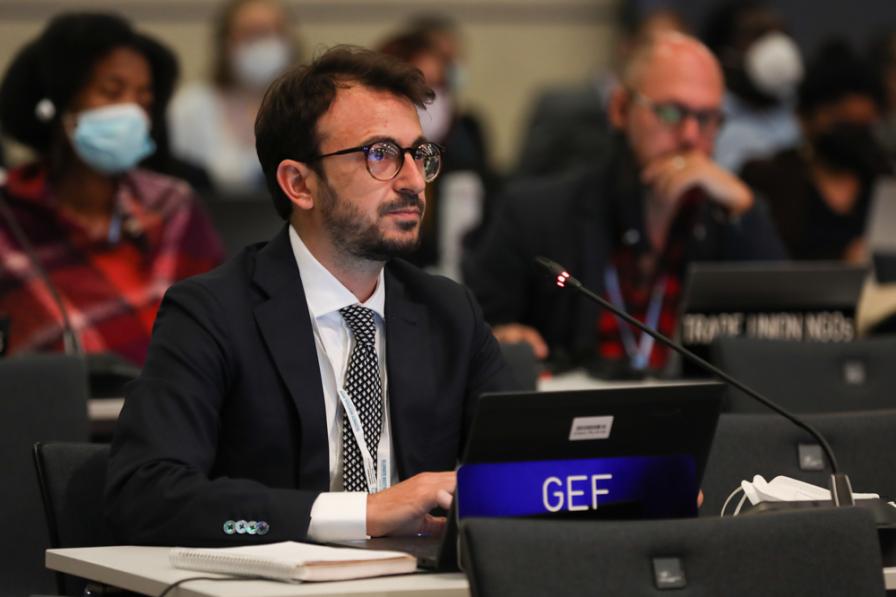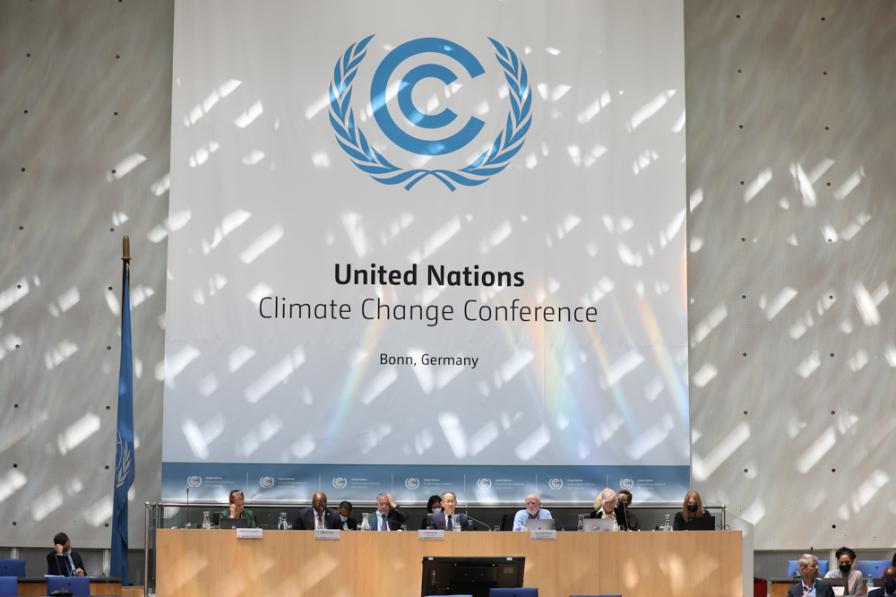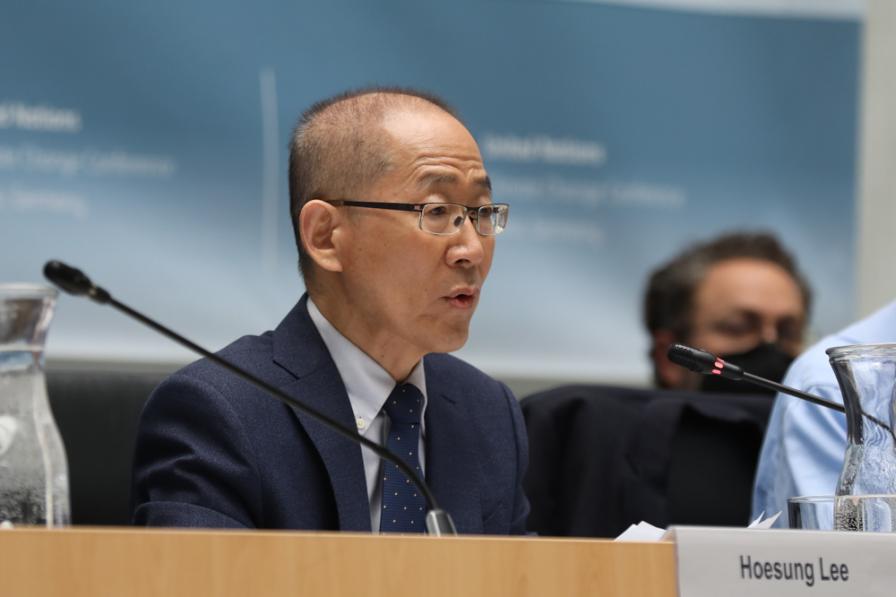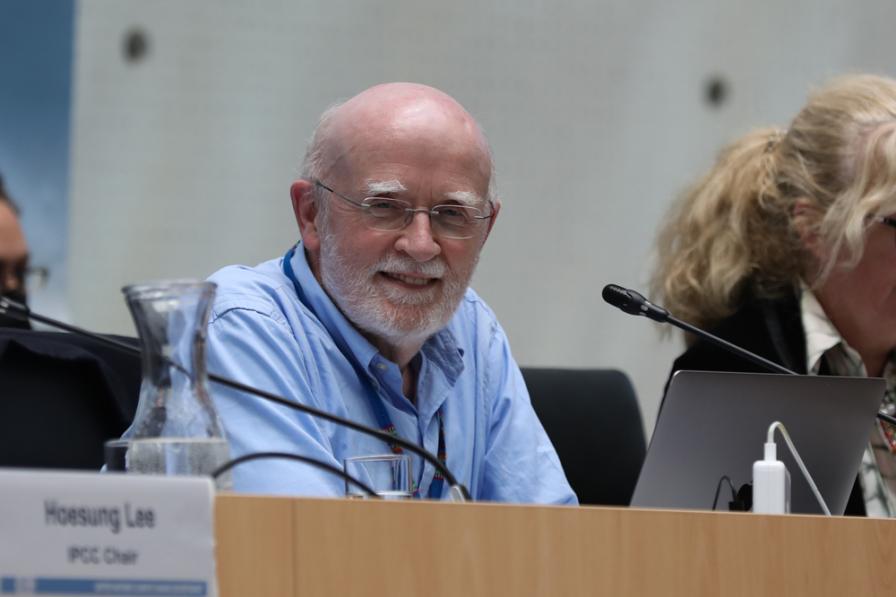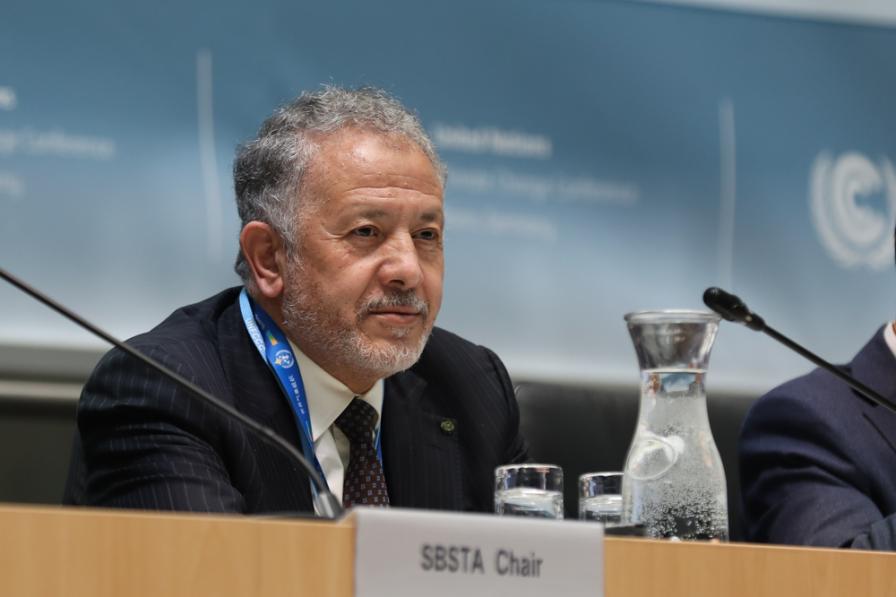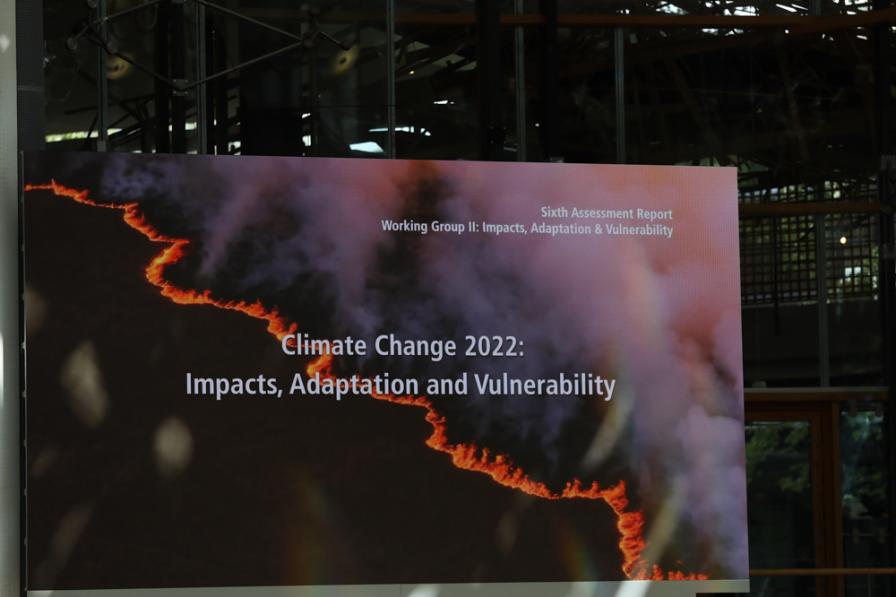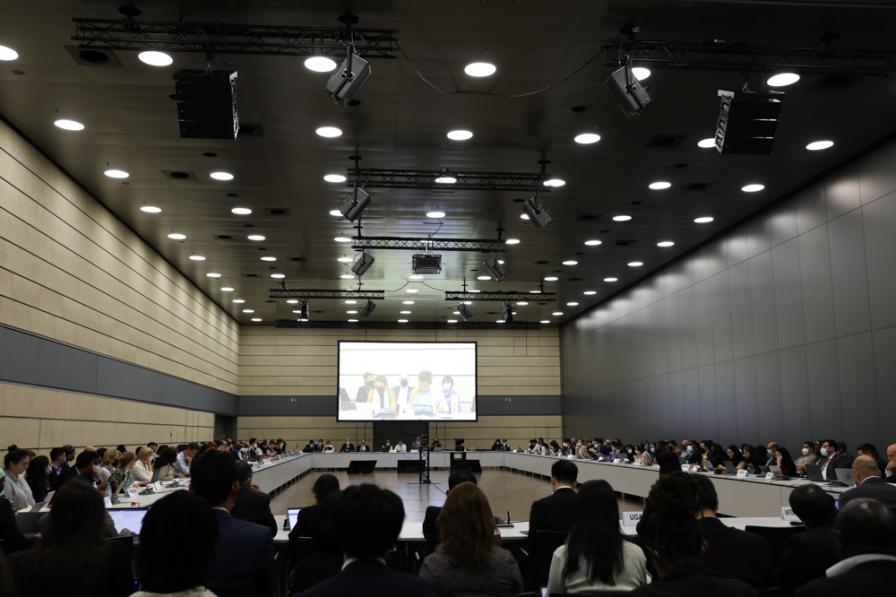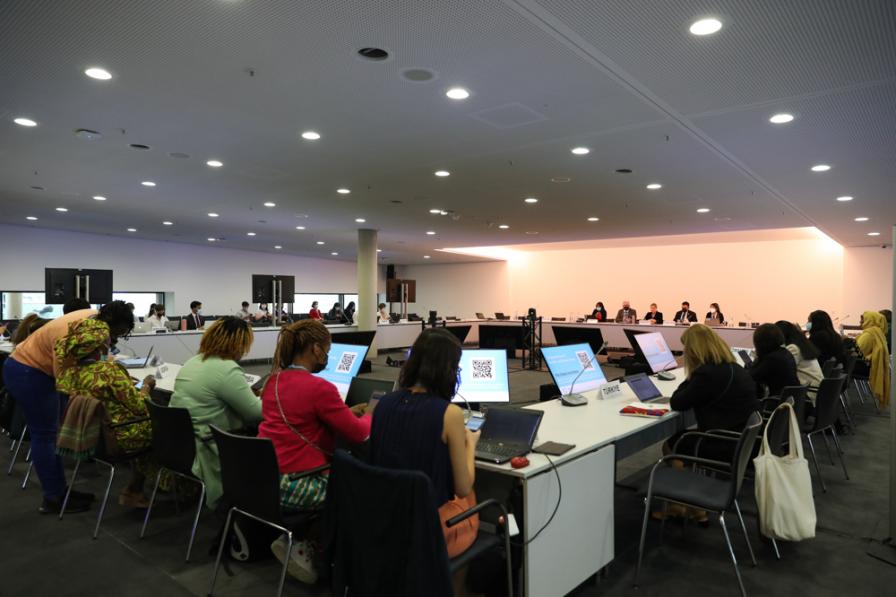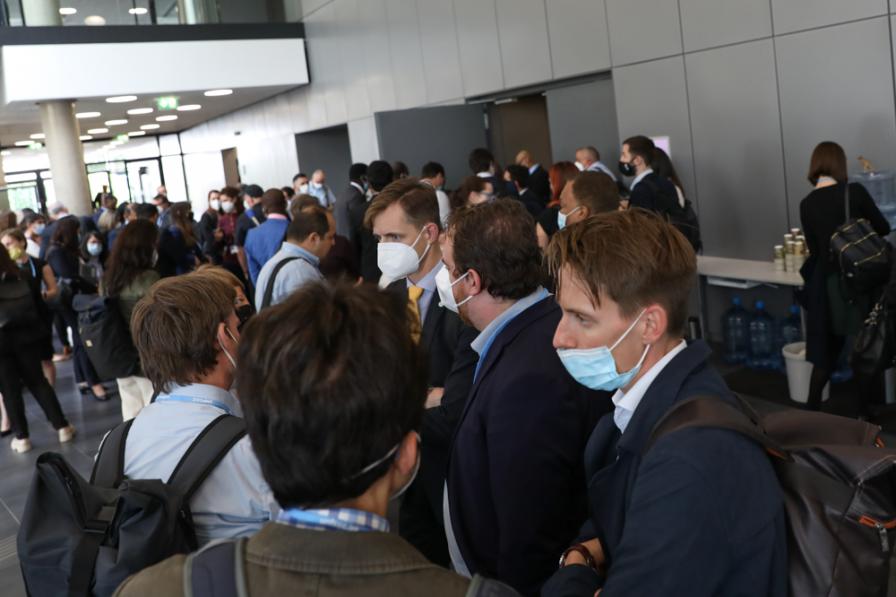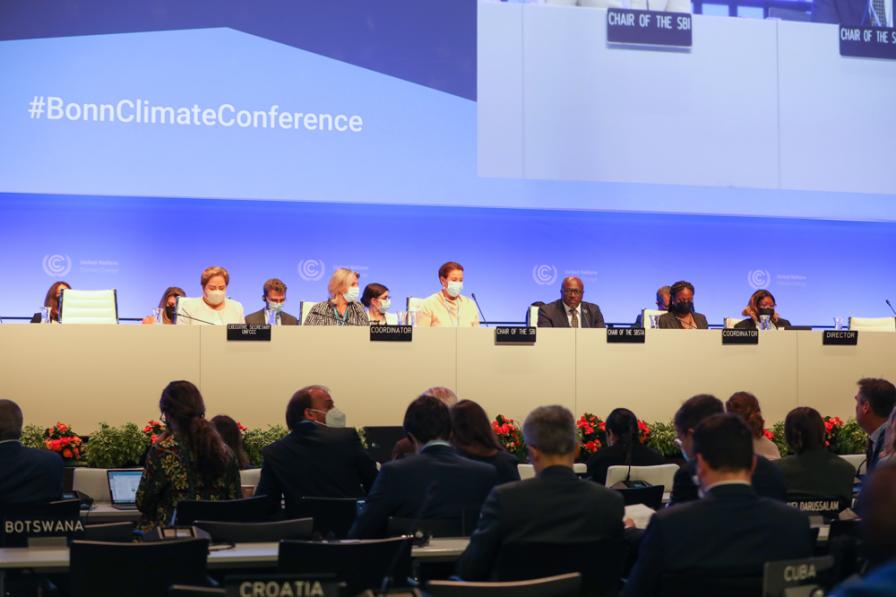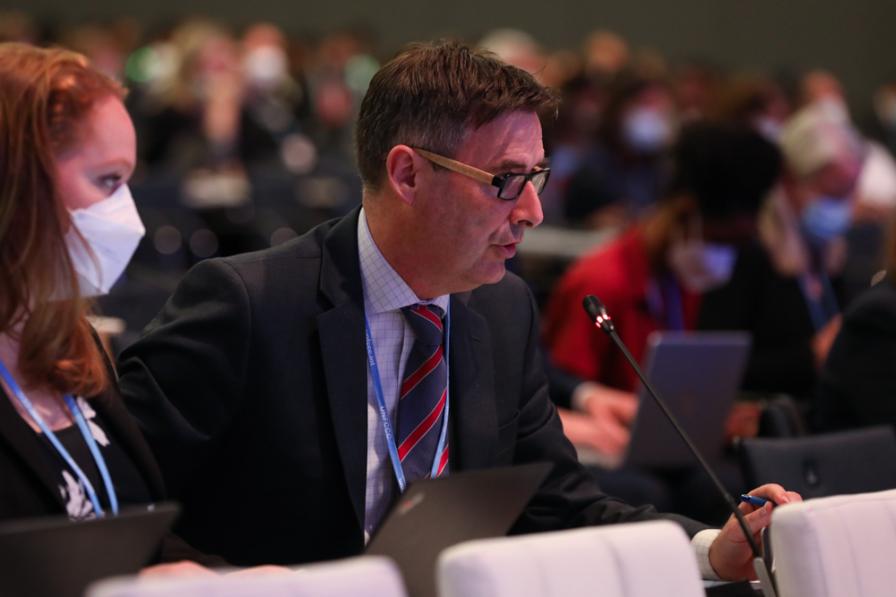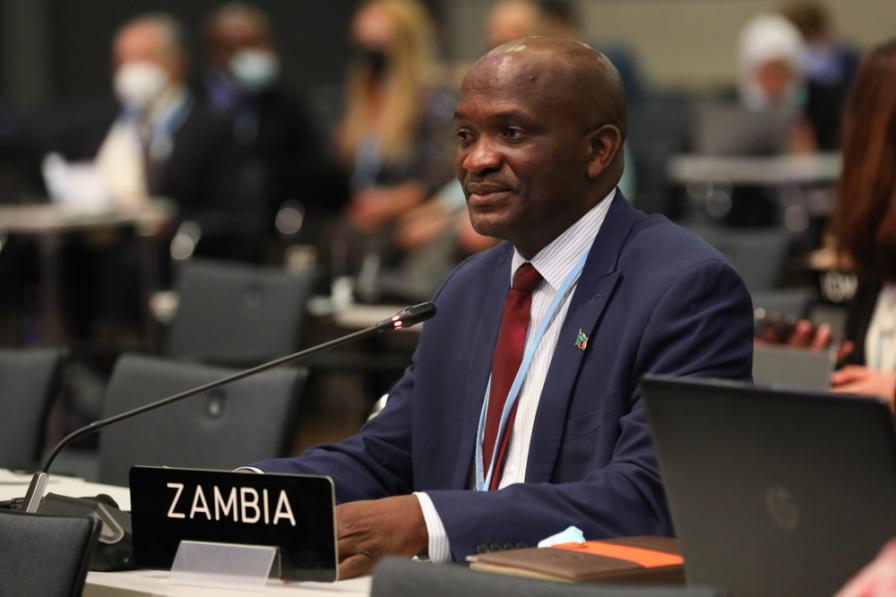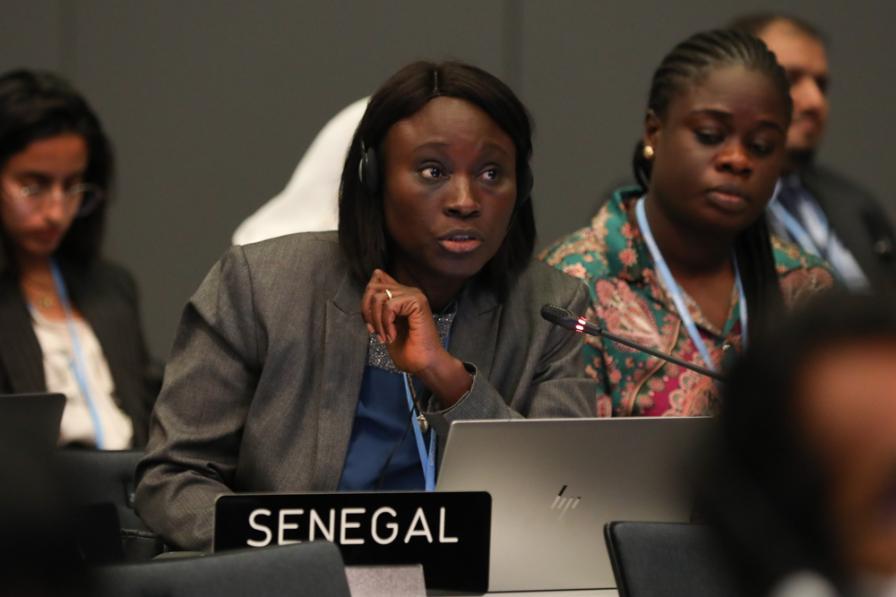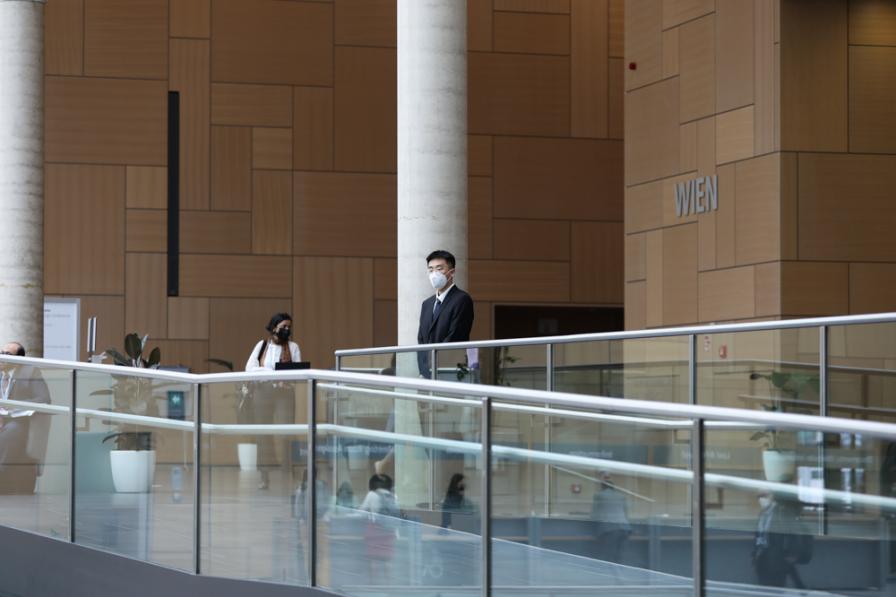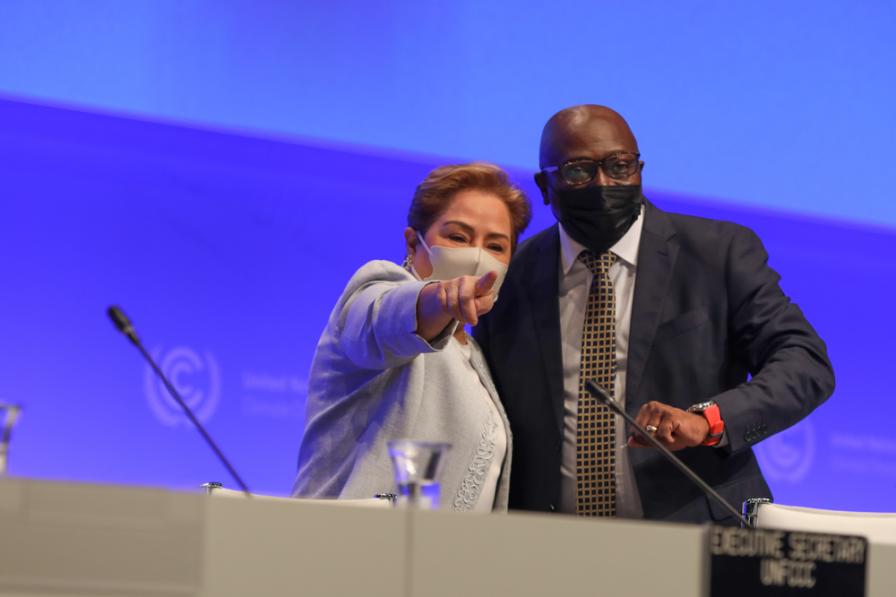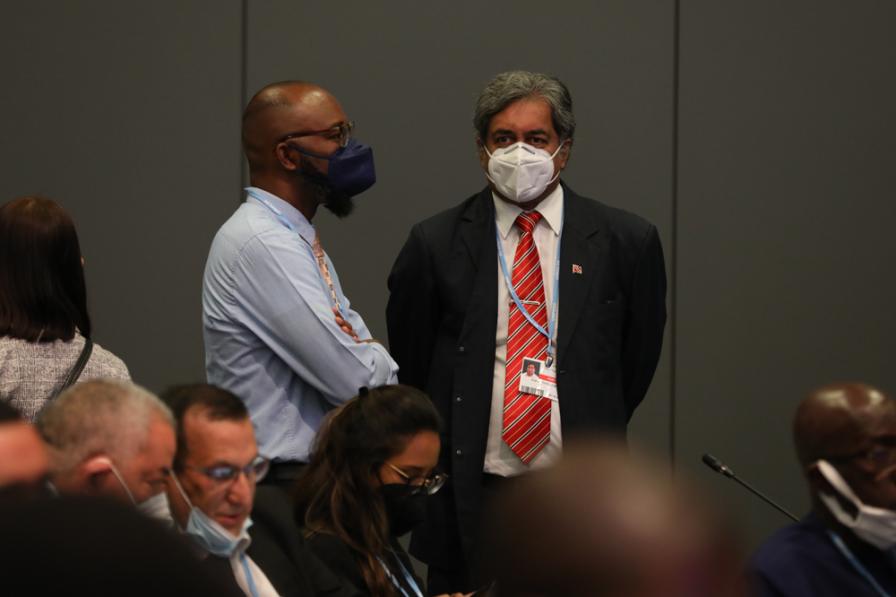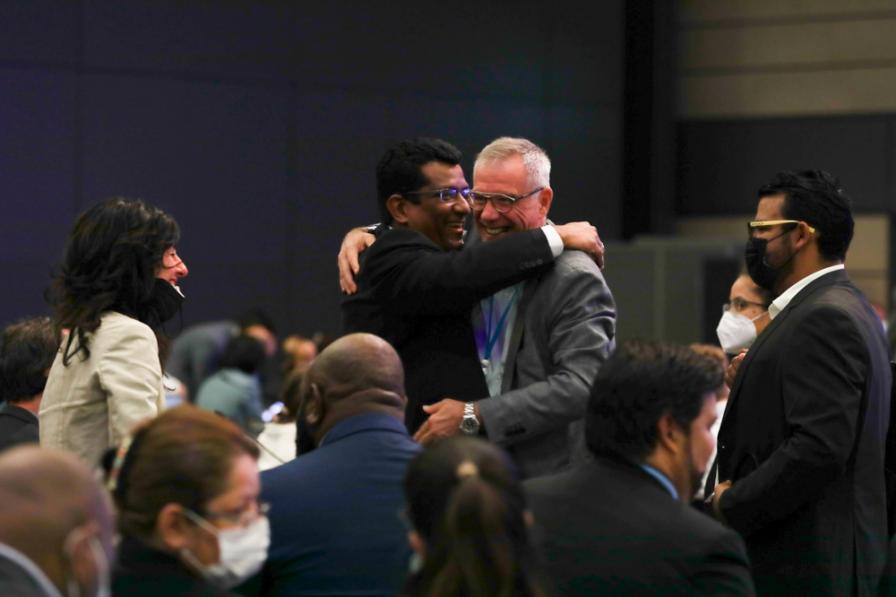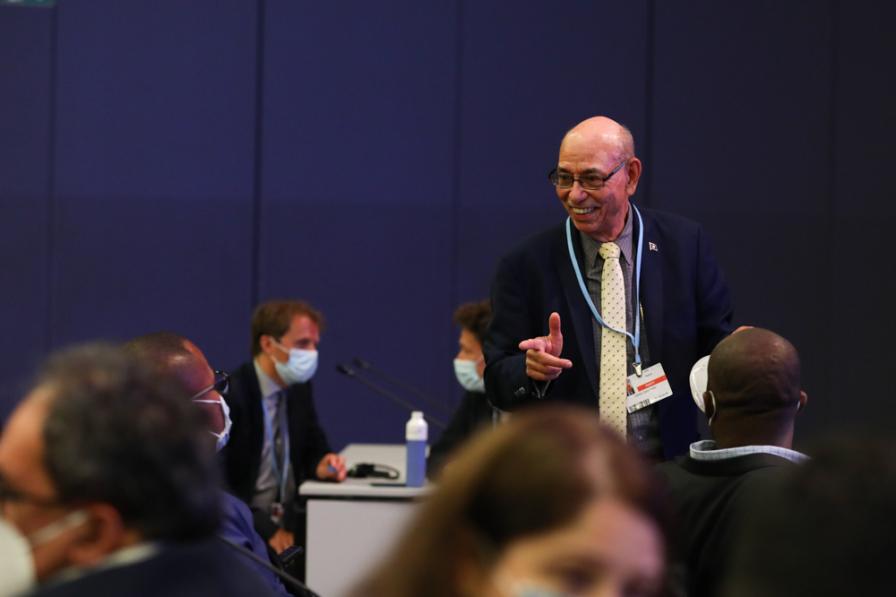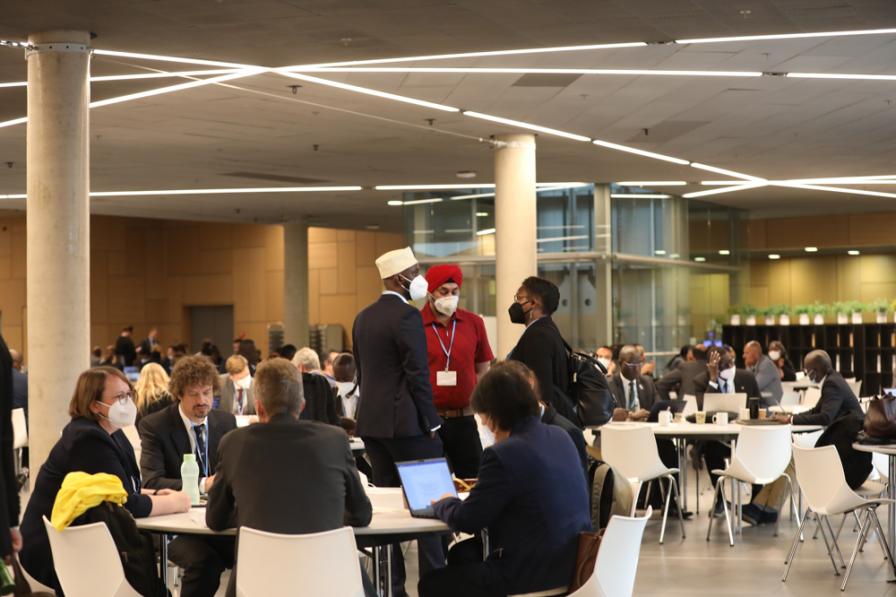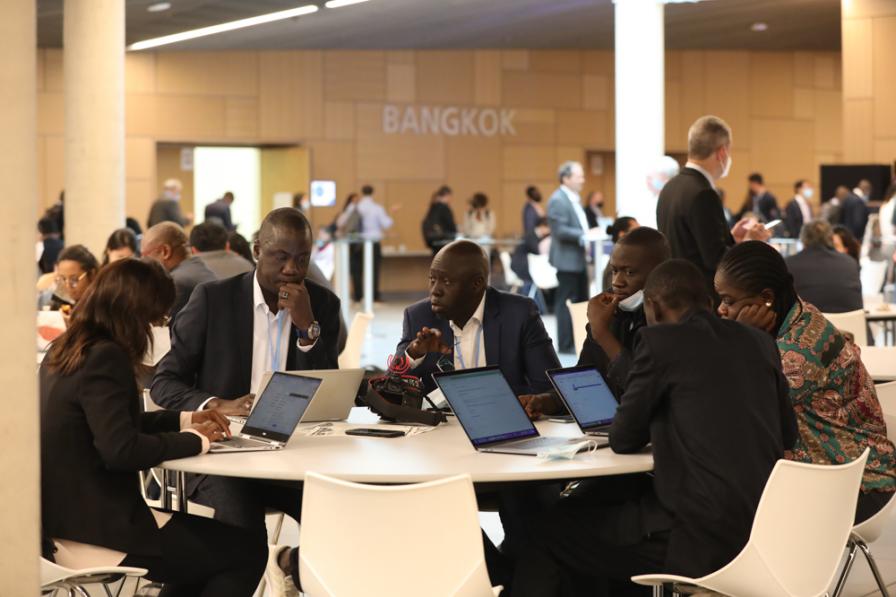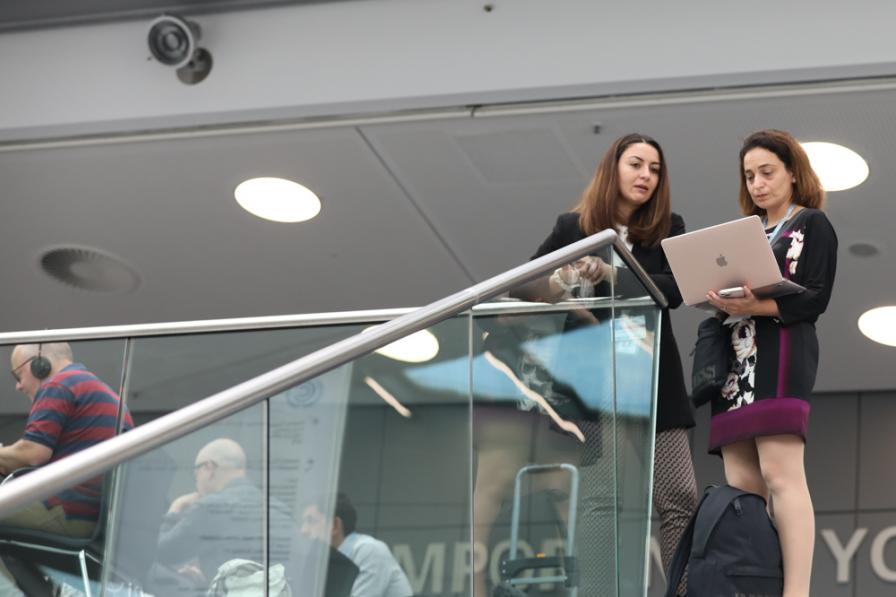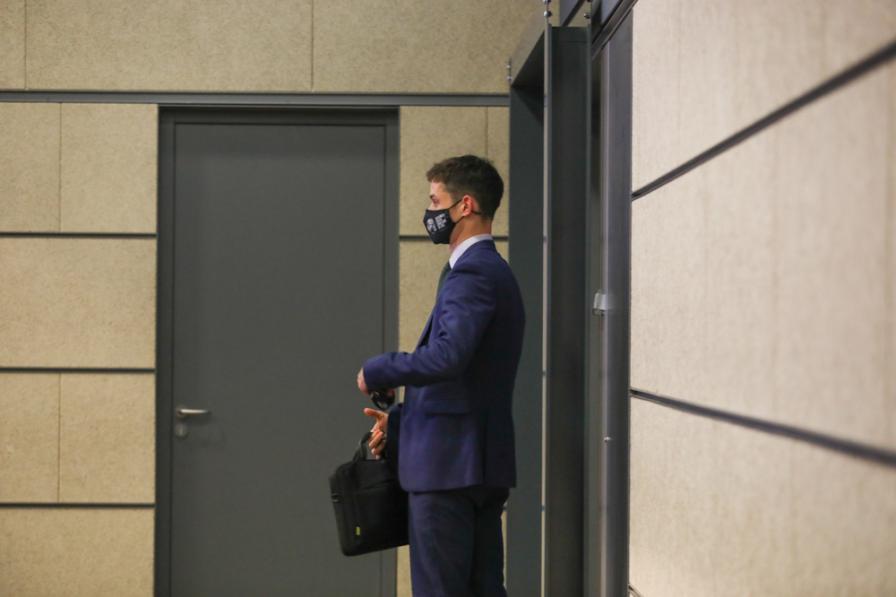After a two-year interruption due to the COVID-19 pandemic, the climate negotiations returned to their usual Bonn setting. Yet the opening of the Bonn Climate Change Conference showed that the process is far from smooth sailing, with the opening plenaries of both Subsidiary Bodies held up due to disagreement on how to organize their work.
To dive deeper, read the full Earth Negotiations Bulletin daily report.
Opening Statements
The outgoing Executive Secretary of the UN Convention on Climate Change (UNFCCC), Patricia Espinosa, welcomed delegates by recalling the “waves of unprecedented challenges” that have rocked the climate regime during her tenure, including the temporary withdrawal of the United States from the Paris Agreement and last minute changes in conference locations. She spoke of her pride in what has been achieved in this time, emphasizing that “the process held” and managed to deliver a finished Paris Agreement Work Programme and the Glasgow Climate Pact.
Acknowledging the complexities of the current geopolitical context, she underscored that since climate change is increasing exponentially, “we can no longer afford to move incrementally.” She pressed delegates “not to lose hope, not to lose focus, but to use our united efforts against climate change as the ultimate act of unity between nations.”
As priorities for the meeting, she highlighted: urgently delivering more ambitious Nationally Determined Contributions (NDCs) and long-term plans; defining the Global Goal on Adaptation (GGA) and addressing loss and damage constructively; and overcoming the lack of finance that persists as the main obstacle for collective climate action.
Groups and countries outlined their expectations. Many developing country groups stressed adaptation as a crucial priority, calling for substantial progress on key deliverables, including the Glasgow-Sharm el-Sheikh work programme on the GGA. Several developing country groups also called for creating a loss and damage finance facility. Developed countries emphasized, among others, for all parties, especially major emitters whose emissions are not aligned with a 1.5°C pathway, to urgently submit more ambitious NDCs. Many delegations thanked Executive Secretary Espinosa for her dedicated work and leadership.
Negotiations
Tensions arose in both the Subsidiary Body for Scientific and Technological Advice (SBSTA) and the Subsidiary Body for Implementation (SBI) opening plenaries over the organization of work. The key issue was the time to be allocated for discussions on the Global Goal on Adaptation, with many developing countries calling for sufficient time to address this issue they consider crucial. Bolivia, speaking for the Like-minded Developing Countries (LMDCs), lamented that developing countries are “tired of fighting for the balance between mitigation and adaptation.” The need for consultations at the level of Heads of Delegation on this issue led to an initial delay in the SBSTA opening plenary, and persistent disagreements saw the SBI opening plenary suspended.
Delegates eventually reached agreement on the organization of work, and by the end of the first conference day, had started informal consultations on a number of agenda items. These related to, among others:
- cooperative approaches under the Paris Agreement (Article 6);
- the development and dissemination of adaptation information and knowledge (Nairobi Work Programme); and
- matters relating to capacity-building.
Special Event by the Intergovernmental Panel on Climate Change (IPCC)
The IPCC presented insights from the Working Group (WG) II contribution to the Sixth Assessment Report, which focuses on impacts, adaptation and vulnerability. In opening remarks, SBSTA Chair Tosi Mpanu Mpanu underscored that climate change affects nature, peoples’ lives, and infrastructure, and that impacts hinder efforts to meet basic human needs. He noted the WG II report constitutes a push for urgent and strengthened climate action. IPCC Chair Hoesung Lee underscored that the report is a dire warning about the consequences of inaction, saying that even temporarily exceeding 1.5°C will result in severe, sometimes irreversible, impacts.
During the session, Hans-Otto Pörtner, WG II Co-Chair, and a number of WG II authors presented key findings from the report and answered participants’ questions on observed and projected impacts and risks, adaptation measures and enabling conditions, and climate resilient development. IPCC authors underscored that the report looks not only at risks, but also solutions, and can inform practitioners’ work. Highlights included:
- multiple climate hazards are occurring simultaneously;
- impacts are increasingly challenging to manage;
- there is evidence of maladaptation, which especially affects low-income households;
- some forms of maladaptation can even increase greenhouse gas emissions, such as when coastal ecosystems are destroyed to construct dikes; and
- there are strong intersections between climate change and biodiversity loss.
Other events that took place during the day included a training workshop on respectfully engaging with local communities and Indigenous Peoples through human-rights-based engagement, as well as a number of side events.
All ENB photos are free to use with attribution. For the Bonn Climate Change Conference 2022, please use: Photo by IISD/ENB | Kiara Worth.
To receive free coverage of global environmental events delivered to your inbox, subscribe to the ENB Update newsletter.
